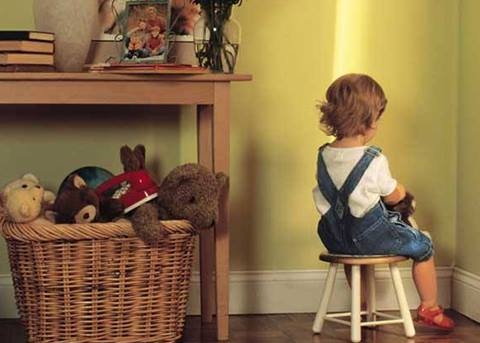5 Ways to Teach Manners to Preschoolers
03/08/2017
-O'HANA
-0 Bình luận
Now's the time to show your child the importance of being nice.
It's hard to know how polite a preschooler should actually be. After all, it seems like typical little-kid behavior to jump up from the dinner table the second she's gobbled down her nuggets. Or to forget to say thanks when a family friend comes over and brings her an unexpected present.
"While it's normal for preschoolers to still be self-centered, teaching manners reminds them that other people in the world matter and deserve respect," says Kathy Hirsh-Pasek, Ph.D., professor of psychology at Temple University, in Philadelphia. Fortunately, this is a great age to teach social graces because your child is naturally eager to please you. To develop his sense of decorum, start working on these habits now.

Best Behavior: Be Kind
In preschool and on the playground, taking turns, sharing, and being friendly to other kids is the law of the land.
Make it Happen: Point out other people exhibiting the behaviors you'd like to see in your kid, says Jodi Stoner, Ph.D., a clinical psychotherapist and coauthor of Good Manners Are Contagious. If you make your child aware of others doing sweet deeds, he'll begin to identify with the actions you're showing him.
Kids this age are still possessive, so encouraging your child to share may be difficult. It can take time for him to understand that he may feel uncomfortable while someone else plays with his toy, so be sympathetic. And be enthusiastic when your kid offers a toy to someone or gives her a turn on his scooter. Your child may care more about getting praise from you than about the toy anyway.
Best Behavior: Say Please and Thank You
Using "magic words" may seem like just a fun routine to your child, but these niceties make other people feel good.
Make it Happen: Be a role model. "Kids love to imitate Mom and Dad," says Roberta Golinkoff, Ph.D., professor in the School of Education at the University of Delaware in Newark. But she'll learn to use please and thank you in everyday conversations even faster when you praise her and react quickly to her polite requests and responses. If she forgets, just give her a little reminder.
Best Behavior: Don't Interrupt
You're on the phone with a friend and you feel a tug on your free hand that's so forceful, you're sure it's King Kong on the other end. As you know, when your child wants attention, he often insists on having it right now. But your child is old enough to be patient and occupy himself for a brief period of time, and it's fine to have him wait.
Make it Happen: Explain that when you're talking to someone else, it's not okay to interrupt unless it's critical (someone is hurt or he has to go to the potty immediately). For any other less-important intrusions, firmly tell him, "Mommy is on the phone. Play with your blocks while I finish talking and I'll be right there." Then follow through when you're done with the call by thanking him for being patient and giving him your undivided attention.
Best Behavior: Greet Nicely
Although kids often hide their eyes from strangers, saying hi and goodbye -- and answering a simple question -- are essential social graces.
Make it Happen: Rather than merely coaxing a dutiful hello from your child, challenge her to tell you some detail about the person too, suggests Judi Vankevich, a children's entertainer and recording artist better known as Judi The Manners Lady. You might say, "Can you see what color Mrs. Johnson's eyes are?" This will help her learn to look adults in the eye.











